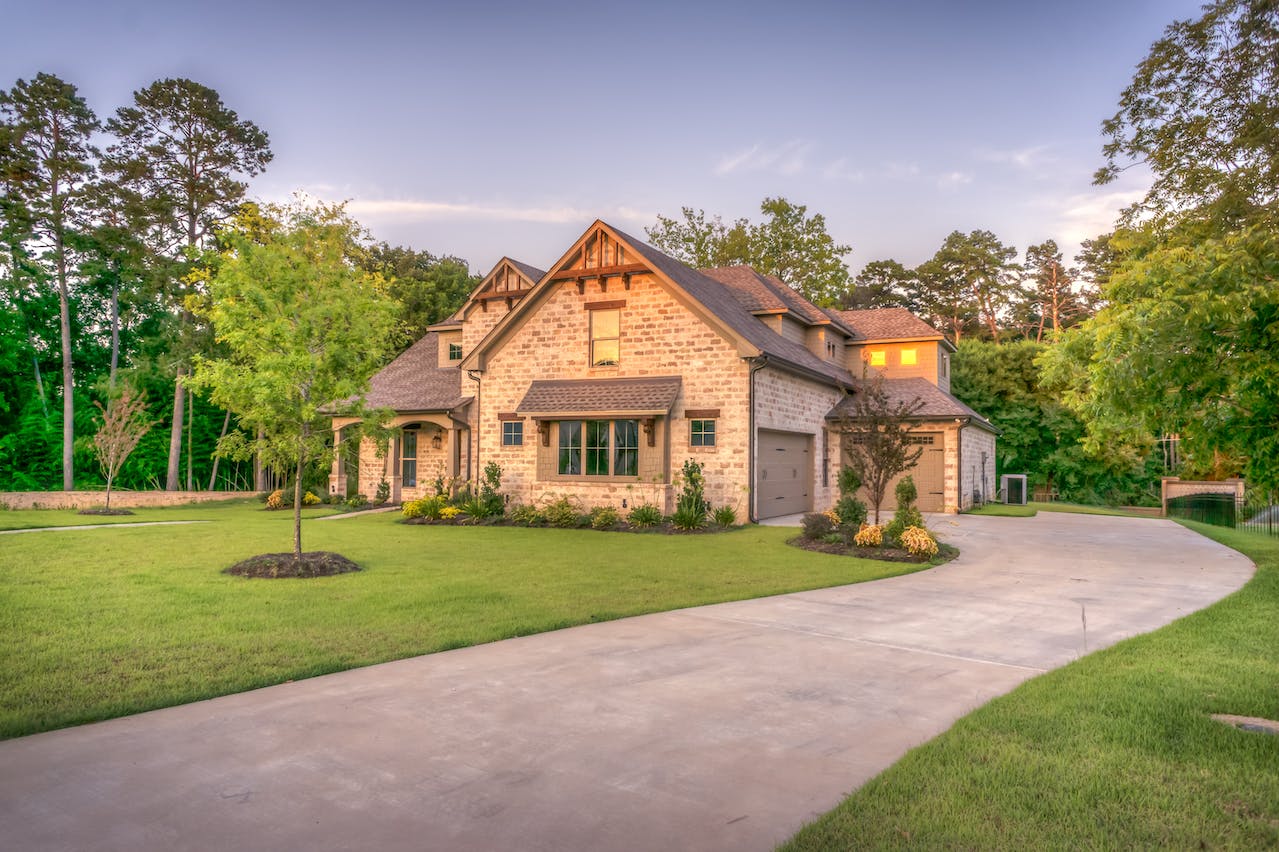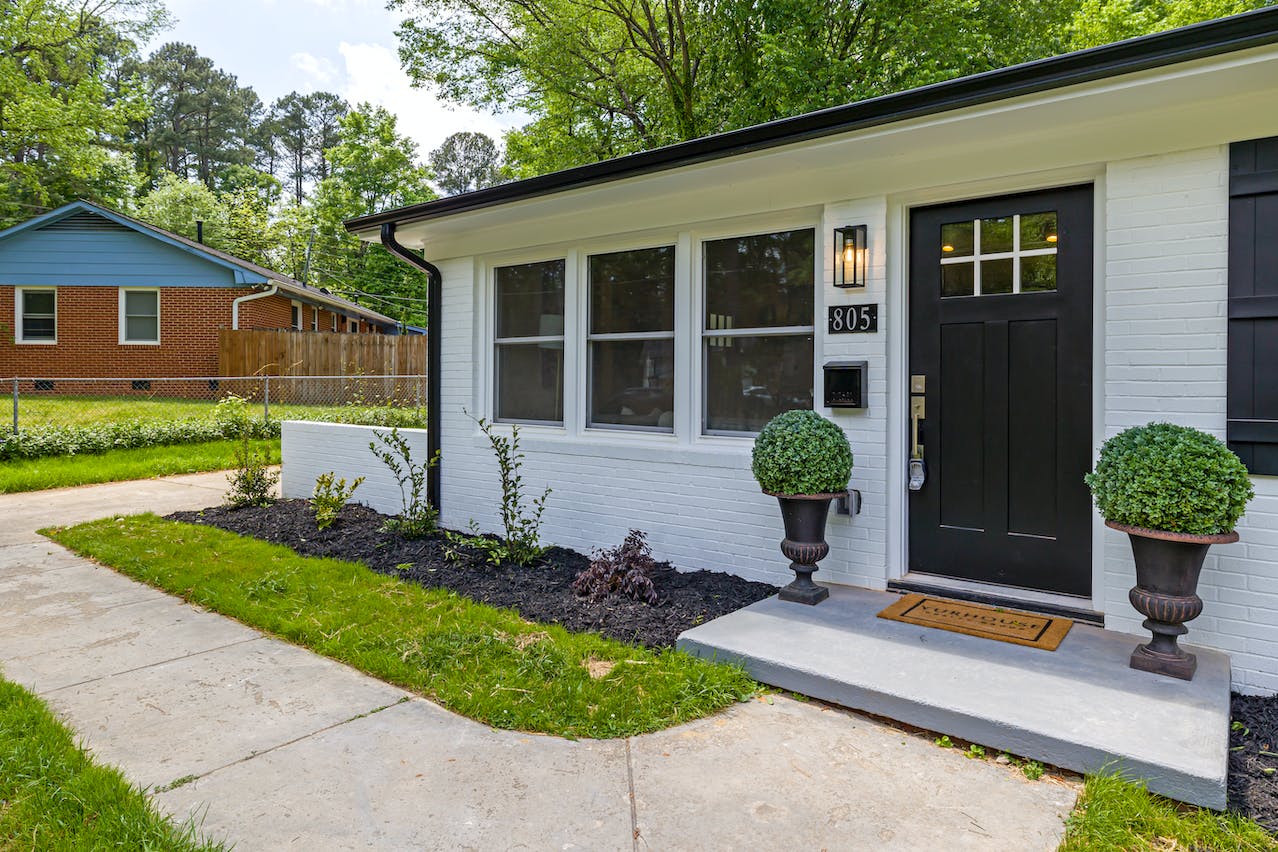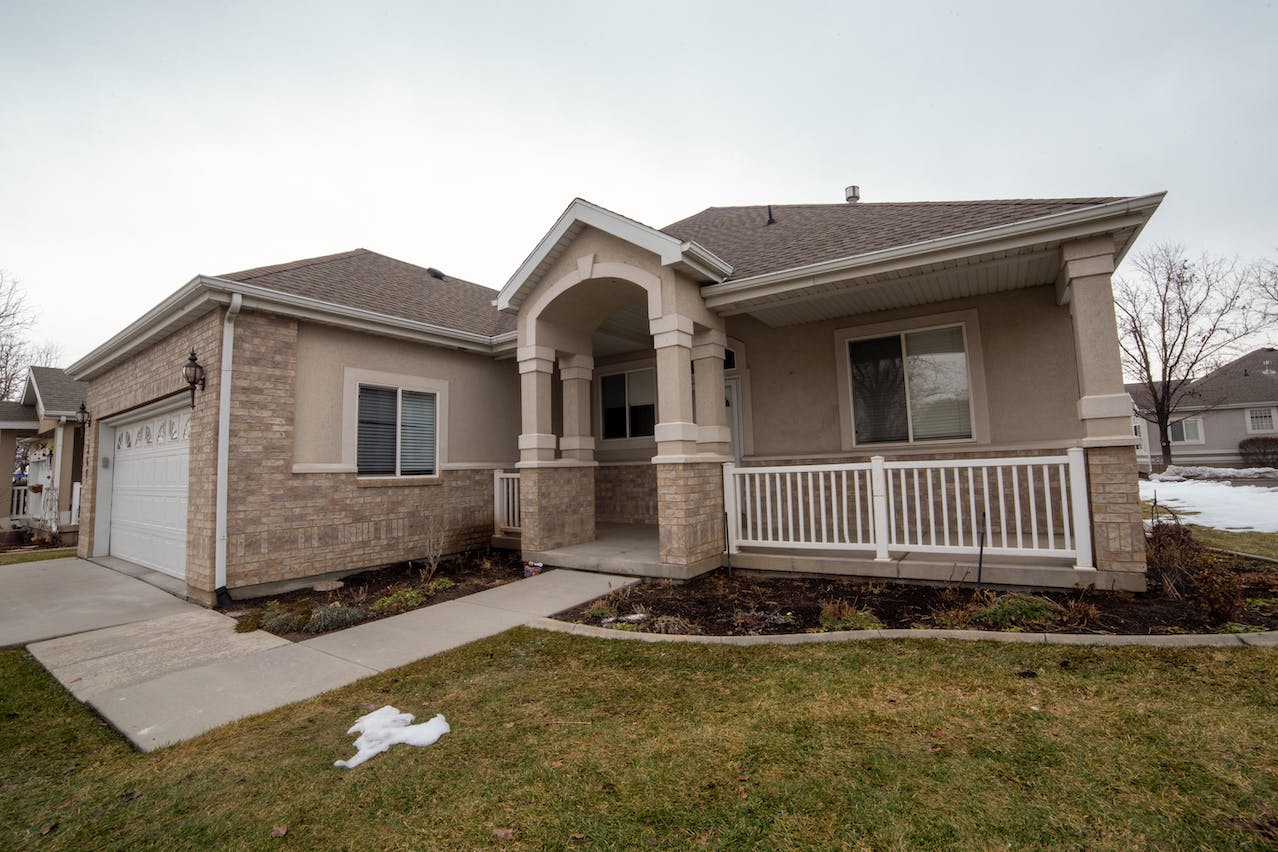Is It Better To Rent Or Buy? - Benefits Of Renting Over Owning
Is it better to rent or buy? The debate between renting and buying housing has long leaned towards the latter as the more favorable option. Renting is often criticized as throwing money away, while buying is hailed as an investment. However, the reality is far from this simplistic view.
Author:Liam EvansReviewer:Habiba AshtonFeb 02, 20244.8K Shares95.2K Views

Is it better to rent or buy?The debate between renting and buying housing has long leaned towards the latter as the more favorable option. Renting is often criticized as throwing money away, while buying is hailed as an investment. However, the reality is far from this simplistic view.
The decision to rent or buy is multifaceted, extending beyond mere cost considerations. Lifestyle preferences, age, career circumstances, preferred location, and long-term settlement plans all play pivotal roles in the decision-making process.
Moreover, economic factors significantly impact this choice. Inflation affects both rental prices and mortgage interest rates, sometimes disproportionately influencing one over the other. A deeper examination of the renting versus buying dilemma underscores the complexity inherent in this decision.
Renting A Home
Renting is a common aspect of everyday life, yet it's not typically viewed as a long-term solution since you don't own the property you reside in and consequently miss out on building equity. "The cost of renting is often perceived as money down the drain, but the full spectrum of expenses tied to homeownership is seldom discussed," notes Taylor Kovar, CEO at Kovar Wealth Management.
However, renting does offer one notable advantage: your landlord assumes responsibility for home insurance, maintenance, repairs, property taxes, HOA fees, and other expenditures. While rent is typically structured to encompass some or all of these costs, landlords must anticipate and calculate them in advance. Unexpected emergencies such as a burst water heater or roof replacement aren't your responsibility as a renter.
On the downside, renters face limitations regarding the modifications they can make to their living space. Any enhancements made benefit the landlord upon your departure. Additionally, the escalating costs of rent are a significant concern among renters, although some experts predict a potential slowdown in this trend.
Owning A Home
Owning a home offers the freedom to customize and improve the property according to your preferences, whether it's remodeling, refreshing, or upgrading to better suit your needs. Want that extra bedroom? It's yours to create, provided you can cover the expenses. Moreover, when you sell the house and relocate, the added value from any renovations is likely to be recouped, at least partially.
Even without major renovations, homeowners typically accumulate equity in their property over time, as real estate generally appreciates. However, achieving homeownership entails greater expense and complexity compared to renting, heavily influenced by economic factors affecting home prices.
Upon finding a home and having an offer accepted, you must arrange for a down payment, cover closing costs, and secure insurance, among other initial expenses. Subsequently, in addition to regular mortgage payments, ongoing financial commitments like property taxes, HOA fees, and maintaining a savings cushion for emergencies, such as unexpected repairs, become crucial.
Owning a home demands a higher level of commitment in terms of financial resources, time, and effort than renting. It represents an investment that, like any investment, carries the potential for fluctuations in value. Failure to meet mortgage payments could lead to foreclosure and the loss of your investment, whereas failure to pay rent may result in eviction, without the loss of ownership.
Buying a home is a significant decision that warrants careful consideration. Typically, homeownership entails higher short-term costs compared to renting, underscoring the importance of assessing how long you intend to reside in the property and whether it aligns with your long-term plans. After all, you may find yourself still paying off the mortgage well into retirement.
Benefits Of Renting Over Owning
While owning a home remains a cherished aspiration for many Americans, it's not a one-size-fits-all solution. While homeownership rates in the U.S. are presently high, historically, families have had to either construct their own homes or lease from others.
Renting, although not always the ideal choice, carries its own set of advantages. Depending on one's financial situation, renting may prove to be a more sensible option. Below, we've outlined 10 primary benefits of renting as opposed to purchasing a home.
No Maintenance Costs Or Repair Bills
Renting a home offers the advantage of zero maintenance costs or repair bills. This entails that tenants are not burdened with the financial responsibility for upkeep, improvements, or fixes. Should an appliance malfunction or a leak spring in the roof, tenants simply contact their landlord, who is obligated to address and rectify the issue.
Conversely, homeowners bear the onus of all home repair, maintenance, and renovation expenses. Depending on the complexity and urgency of tasks, as well as the occurrence of multiple simultaneous issues, these costs can escalate significantly.
No Real Estate Taxes
Renting rather than owning comes with a notable advantage: renters are exempt from paying property taxes. These taxes can pose a substantial financial strain for homeowners and fluctuate depending on the county. In certain regions, property taxes can soar to thousands of dollars annually.
Property tax assessments, though intricate, hinge on the estimated value of the property and its land area. As new constructions trend towards larger sizes, property taxes become an increasingly weighty financial obligation for homeowners.
More Flexibility As To Where To Live
Renters enjoy the flexibility of living in virtually any location, whereas homeowners are limited to areas within their purchasing capacity. Residing in pricey cities like New York might be unattainable for many prospective homebuyers, but it remains within reach for renters. While rents can be steep in areas with high property values, renters generally have a better chance of securing an affordable monthly payment compared to homebuyers.
Flexibility To Downsize
After their lease, renters can opt to downsize to more economical living arrangements. This flexibility proves particularly valuable for retirees seeking smaller, budget-friendly alternatives.
Escaping the financial grip of an expensive house poses greater challenges due to the expenses associated with buying and selling property. Additionally, if homeowners have heavily invested in renovations, the selling price may not recoup these expenditures, rendering them unable to afford the sale and relocation.
Lower Insurance Costs
Homeowners are required to maintain a homeowners insurance policy, while renters typically opt for a renter’s insurance policy, which is considerably more affordable. Renter’s insurance covers a wide range of possessions, such as furniture, electronics, and valuable items. The average annual cost of renter's insurance is $179, which is significantly less expensive than the typical homeowner's insurance policy, which costs $1,249, according to research by the Insurance Information Institute.
Access To Amenities
Renting offers another financial advantage: access to amenities that would otherwise entail significant expenses. Features like an in-ground pool or a fitness center are often included as standard offerings in many mid to upscale apartment complexes, without any extra cost to tenants.
For homeowners desiring access to such amenities, the expense can be substantial, requiring thousands of dollars for installation and maintenance. Even condo owners aren't spared from these costs, as they are typically bundled into their homeowners association (HOA) fees, payable every month.
No Down Payment
Renters enjoy a more favorable financial arrangement when it comes to up-front costs. Typically, they are required to pay a security deposit equivalent to one month’s rent, and that's generally the extent of it. This deposit is refunded upon their departure, provided there is no damage to the rental property.
Conversely, purchasing a home with a mortgage necessitates a substantial down payment, typically around 20% of the property’s value. While this down payment establishes equity in the home, which grows as the mortgage is paid down, it presents a significant initial financial outlay. Once homeowners fully own their homes, they possess a valuable investment that renters do not acquire.
Nevertheless, the amount required for a down payment on a home far exceeds that of a rental security deposit. For instance, a 20% down payment on a $200,000 house amounts to $40,000. In contrast, the average monthly rent for an apartment in Manhattan, one of the most expensive areas in the U.S., was $4,419 in February 2022. For those without sufficient funds for a down payment, renting proves to be the more viable option.
Few Concerns About Decreasing Property Value
Fluctuations in property values can have significant repercussions, particularly for homeowners, whereas renters are generally less affected, if at all. Changes in home value can influence various aspects for homeowners, including property taxes and mortgage amounts. In a volatile housing market, renters may experience fewer adverse effects compared to homeowners, whose financial situations are more intricately tied to the value of their properties.
Fixed Rent Amount
Renters benefit from a fixed rent amount throughout their lease agreement. Although landlords can increase rent with notice, renters can budget more effectively, knowing the set amount they are obligated to pay.
Similarly, homeowners with fixed-rate mortgages enjoy the advantage of stable payments, facilitating efficient budgeting. However, adjustable-rate mortgages (ARMs) can introduce variability, leading to fluctuating mortgage payments as interest rates change. Additionally, property taxes represent another variable cost for homeowners, potentially increasing expenses, whereas renters remain unaffected by such fluctuations.
Lower Utility Costs
Homes generally boast larger square footage compared to rental apartments, resulting in higher heating and electric bills. Conversely, rental properties often feature more compact and efficient floor plans, making them more economical to heat and power than many houses.
Is It Better To Rent Or Buy? - FAQ
What Age Is The Best To Buy A House?
The average first-time homebuyer in the United States is around 33 years old, so most people would probably agree that this is the best time to buy a house. By the time you are in your early 30's, you likely have some stability in terms of income and life situation.
Which Country Is The Cheapest To Live In?
The cheapest places to live are Pakistan, Egypt, Nepal, Bhutan, and Burundi. In these states, a person needs less than $430 per month to live comfortably. Which country has the highest cost of living? According to crowd-sourced databases, the most expensive countries in the world are Monaco, Singapore, and Switzerland.
Is Renting Cheaper Than Owning A Home?
Renting can be a very predictable expense. You know what your costs are upfront and can plan accordingly. On the other hand, if you enjoy a lavish lifestyle, you may find renting to be more expensive than owning a home, even if there are repairs and regular maintenance you have to make with purchasing real estate.
Bottom Line
In addressing the question, "Is it better to rent or buy?" it's essential to understand that homeownership can yield significant long-term advantages, chiefly through the accrual of equity in one's property. For those seeking to avoid the complexities associated with homeownership, including maintenance costs and property taxes, renting may present a more attractive option. Ultimately, the decision hinges on individual factors such as lifestyle preferences, financial circumstances, the affordability of monthly rent, and whether one is actively employed or in retirement.

Liam Evans
Author

Habiba Ashton
Reviewer
Latest Articles
Popular Articles

